Grounding Techniques for Parents: Calm Support in Real Life Moments
Grounding techniques can help parents and young people manage emotional overwhelm, anxiety, pain and dysregulation. A real-life guide for families navigating hard moments.
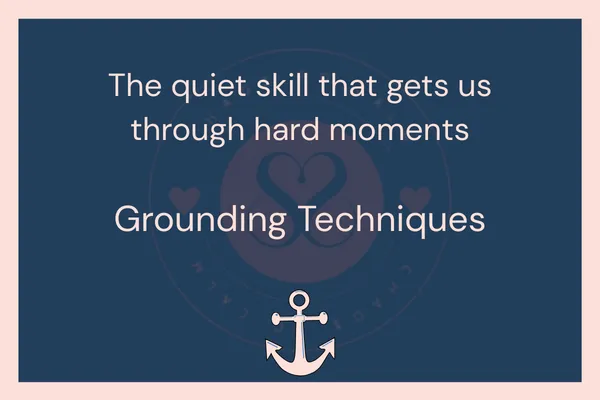
Grounding techniques can help parents and young people manage emotional overwhelm, anxiety, pain and dysregulation. A real-life guide for families navigating hard moments.
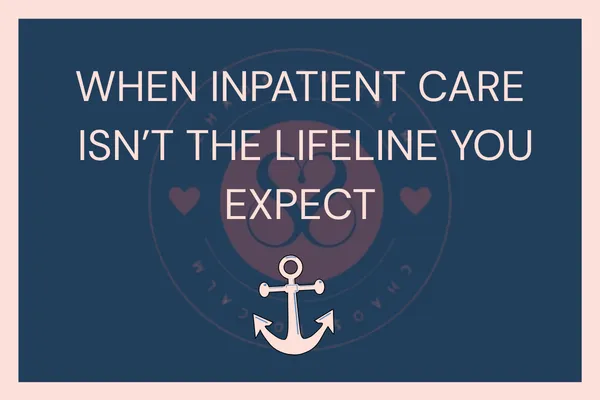
A parent’s honest look at inpatient mental health care in the UK, what it can and can’t offer, and why community support matters so much. inpatient mental health care UK
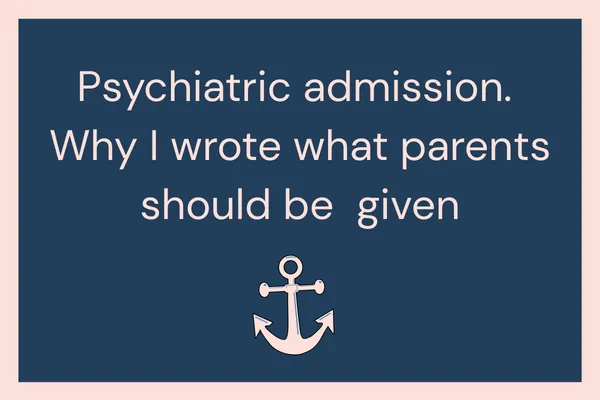
A parent’s lived experience of psychiatric admission — and why the Chaos to Calm Knowledge Series was created to support families through it.
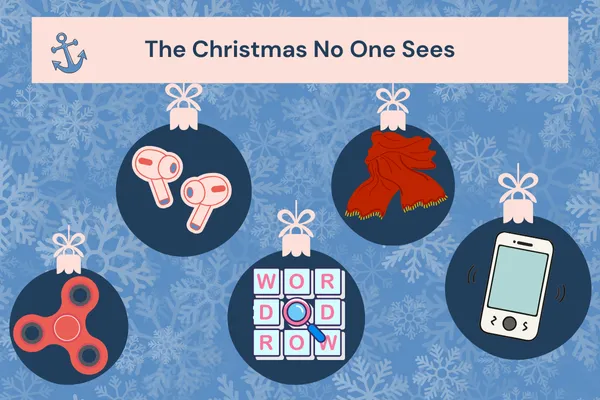
Christmas isn’t always joy and glitter, for many young adults with BPD, trauma or emotional dysregulation, it’s a day of overwhelm, sensory overload and pressure to “perform.” This blog shares the unseen side of festive celebrations and the strategies parents use to support their child while holding everything together.
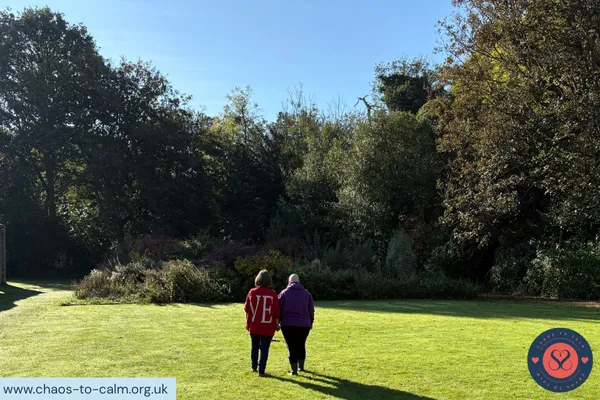
A compassionate guide for parents supporting young adults with emotional dysregulation and BPD traits. Learn how flexibility, accessibility, and listening can transform stressful days into calmer ones and what support really works.
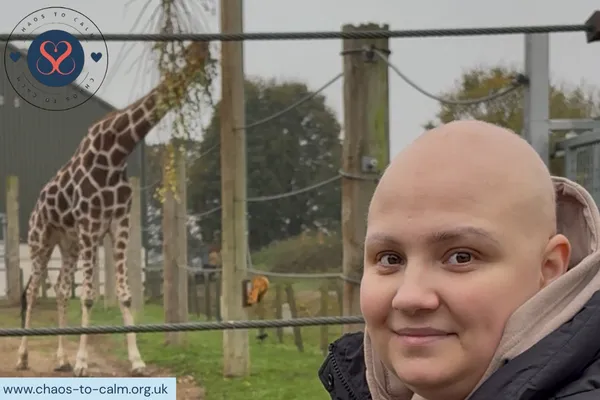
After three cancellations, a mum and daughter finally make it to Yorkshire Wildlife Park. A story of flexibility, patience, and learning to plan life around emotional wellbeing, not the calendar.